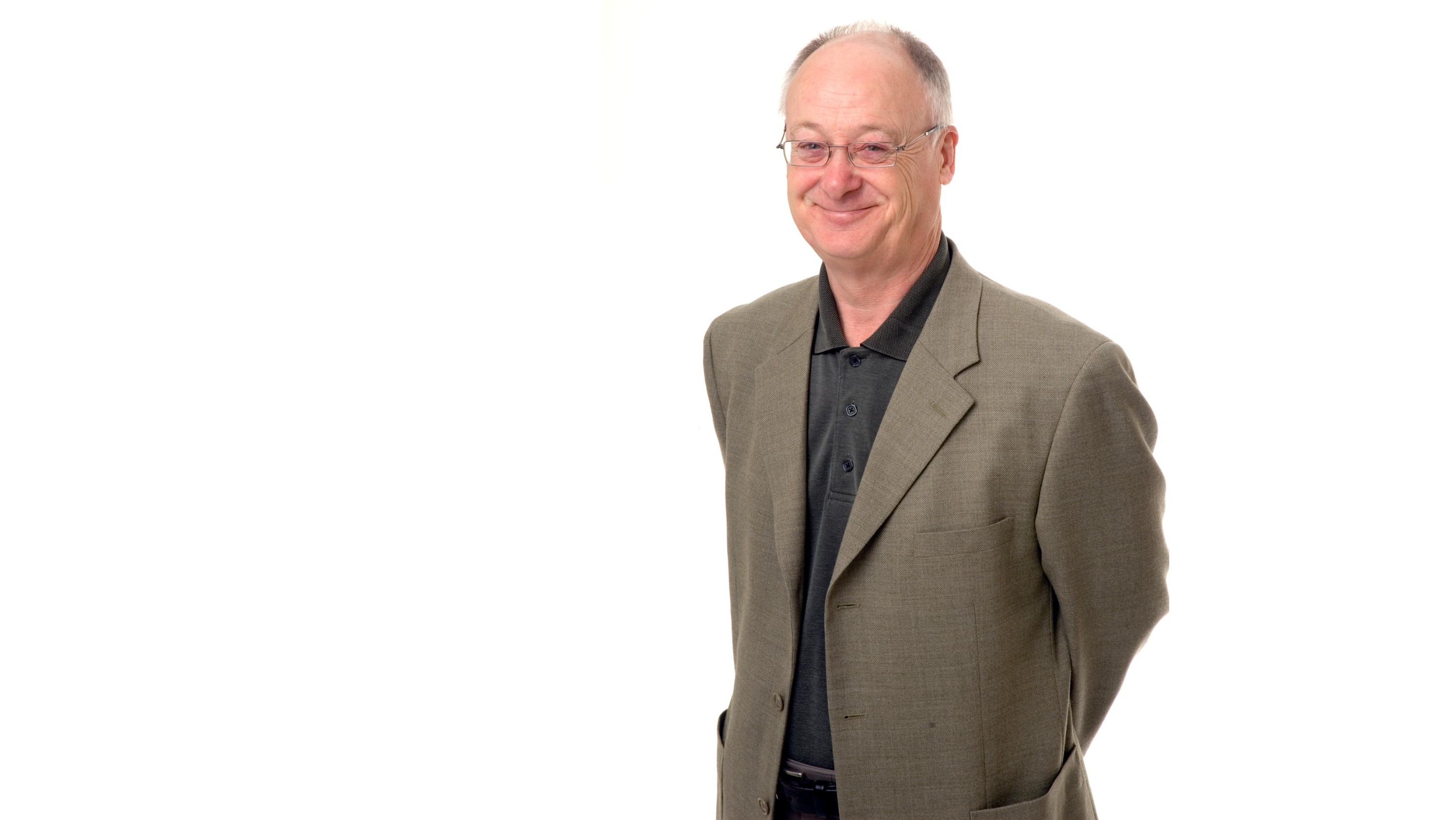In 2003, Italian dairy giant Parmalat collapsed in what remains as Europe's biggest bankruptcy.
What made this toppling particularly unsavoury was the layers of presumed ineptitude that saw analysts recommend Parmalat’s shares be purchased even in the final weeks leading up to its bankruptcy. Implicated in the downfall were some of the world’s biggest banks and most trusted auditing firms.
“It was the European equivalent to Enron,” said Royston Greenwood, professor in the University of Alberta School of Business.
Eight years later, a U of A team that included Greenwood would publish research on how it is possible professional organizations can become complicit in corporate illegality.
His team found that a complex series of assumptions and institutionalized practices, especially in networks of professional regulators — such as auditors and analysts who become mutually overconfident and over-influenced by each other — can lead to a collective lowering of regulatory vigilance.
“In many cases, attention to auditing gets compromised by the fact you want the client to also buy your consulting services,” said Greenwood.
Indicator of influence
That paper was one of dozens published by Greenwood that not only solidified the Alberta School of Business as an organization and management theory hotbed, but also helped the longtime business professor be named to Clarivate’s 2021 Highly Cited Researchers list for the seventh time in eight years.
This list identifies authors of multiple papers ranking in the top one per cent in the world by citations for their field and publication year over the last decade, demonstrating significant influence among their peers.
Greenwood’s interest in institutional complexity goes beyond corporate illegality. His focus was on how social enterprises seek to balance pressures for commercial success with achievement of social objectives such as assisting the very poor, community development and environmental responsibility.
One such paper on the subject published in 2011 just received the Decade Award for the most cited paper from the Academy of Management Annals.
“The Alberta School of Business was the first business school to seriously look at professional service organizations,” he said.
Besides Greenwood’s research success, the Academy of Management has awarded the George R. Terry Book Award, granted annually to the book judged to have made the most outstanding contribution to the global advancement of management knowledge during the last two years, to U of A-affiliated researchers on two occasions. This includes current U of A business professor Michael Lounsbury, who shared the award in 2013 for The Institutional Logics Perspective: A New Approach to Culture, Structure and Process.
“It's a team game in a way,” said Greenwood. “The Alberta School of Business was extremely supportive in getting us to do this research and we have an extremely strong doctoral program.
“It's big for the business school and it's big for the university.”
U of A expertise shows in citations
Joining Greenwood — who has been cited more than 23,000 times in the last five years, according to Google Scholar — on the list are Faculty of Science genetics researcher Gane Wong, Faculty of Agricultural, Life & Environmental Sciences food microbiologist Michael Gänzle, computational intelligence engineering professor Witold Pedrycz, Faculty of Kinesiology, Sport, and Recreation physical activity researchers John Spence and Valerie Carson, and computational biology professor David Wishart, whose work has been cited nearly 100,000 times since 1986.
Craig Knox, a bioinformatics specialist who works in Wishart’s lab and is a founder of the startup company DrugBank, was also on the list, as was Jim Chrisman, a business professor from Mississippi State University and longtime research fellow with the Centre for Entrepreneurship & Family Enterprise in the Alberta School of Business.
“The work these researchers do is often the basis for completely new and exciting fields of inquiry,“ said Aminah Robinson Fayek, U of A vice-president (research and innovation). “It’s essentially pioneering work in areas that are not only important for the University of Alberta, but help push Albertans and Canadians forward.”
All told, Canadian universities had 196 researchers on the list to sit seventh in the world. The United States is the institutional home for 2,622 of the highly cited researchers in 2021, followed by Mainland China (935 researchers) and the United Kingdom (492).
Earlier in November, the U of A landed in the top 100 in 18 subject areas as part of the latest U.S. News & World Report Best Global Universities Rankings. Leading the way was a second-place showing in Canada and 28th-place rank globally in gastroenterology and hepatology, up from 47th last year. Other stalwart medical science subject areas where the U of A excelled include cardiac and cardiovascular systems (57th), surgery (78th), clinical medicine (81st), oncology (88th) and microbiology (72nd), which moved up 29 spots from its rank of 101st last year.
Earlier in the fall, Maclean’s named the U of A’s nursing education tops in Canada and its education program third as part of the magazine’s 2022 Canadian University Rankings.
As well, the U of A landed at 99th globally, 35th in North America and fifth nationally in the 2021 QS Graduate Employability Rankings.
Other recent showings include a 91st-place showing in the 2021 NTU Ranking and a rank of 81st by the Center for World University Rankings (CWUR) — up 20 spots from the previous year. In both rankings, the U of A finished fourth in Canada.
